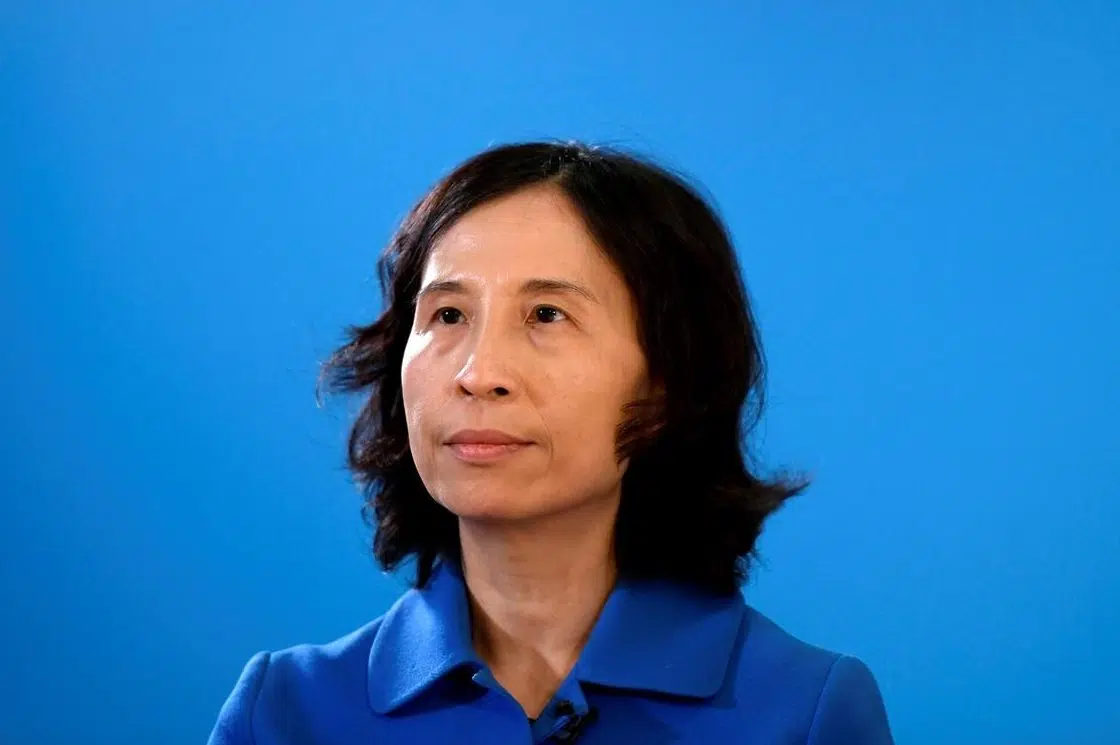OTTAWA — Canada’s chief public health officer says the fight against vaccine-related misinformation on social media is being further complicated by the emergence of online bots designed to sow mistrust.
Dr. Theresa Tam said Friday in Ottawa that bots have been spreading false claims about vaccinations and increasing tensions on the issue. The misinformation on social media, she added, is at least partly to blame for the 300-per-cent global increase this year in measles.
“They are at play, for sure,” Tam said of bots after taking part in a panel discussion about the spread of false information on social-media platforms.
“Some of them can be very divisive in terms of increasing mistrust, trying to … amplify the fact that there is an actual debate when there is no debate.”
Tam didn’t specify where she believes this sort of thing originates, but U.S. authorities have accused Russian “troll farms” of using similar tactics to crank up tensions in the lead-up to the 2016 presidential election, polluting political discussions with false information and sowing discord.
Tam warned that bad actors online can be very effective at planting doubts in the minds of parents, and she stressed that any parent is potentially susceptible.
She said she’s concerned Canada’s vaccine coverage could slide from its current level, which she described as not high enough but “not terrible.”
“What we know is that people who outright refuse vaccines are a very small group,” she said. “But we might be talking about a significant percentage of parents that have questions about vaccines — and we need to answer them. We need to give them the scientifically based, credible answer.”
She said about 20 to 30 per cent of parents have questions about vaccines.
Public-health officials in Canada have been talking with social-media companies — including Facebook, Twitter and Google — to see how they can collaborate to prevent the circulation of misinformation about vaccines.
She was joined on the panel by Kevin Chan of Facebook Canada. He said the social-media giant has been working with global health authorities to help it pick out misinformation about vaccines.
“We’re looking for things that have clearly been identified by the scientific community as being misinformation,” said Chan, who is Facebook Canada’s head of public policy.
“What we want to be careful about is not over-rotating and actually making calls on people’s opinions. That’s very important. Facebook is a platform for all voices and we do want to make sure we preserve people’s ability to have opinions and to share their opinions.
“What we’re going after is scientifically debunked information that could lead to real-world harm.”
Chan said the company will remove the false information from search returns on Facebook and Instagram (a photo-oriented site Facebook also owns) and block or disable ads containing false claims on the platforms.
— Follow @AndyBlatchford on Twitter
Andy Blatchford, The Canadian Press







